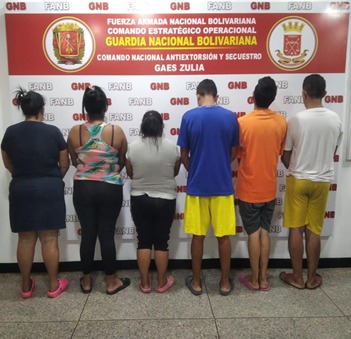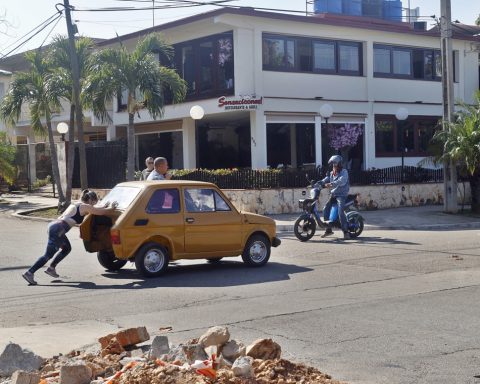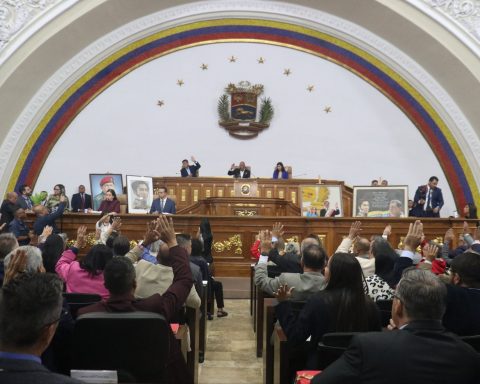The Uruguayan ex-consul in Russia, Stéfano Di Conza, will be released after posting a bail of US$25,000. He will be prohibited from leaving the country and communicating with various officials from the consulate and the embassy, ordered Judge Alejandro Asteggiante, in a hearing he witnessed The Observer. In addition, he will be obliged to establish an address and appear at the section once a week.
Di Conza was the first public official charged in the Astesiano case and has been in preventive detention since November 27. Judge Fernando Islas had charged him with 14 crimes of fraud in concurrence outside of reiteration with 14 crimes of assumption of marital status.
Initially, the prosecutor in the case, Gabriela Fossati, requested a bail of US$ 50,000, but the former chief’s lawyer, Florencio Macedo, asked the family – who was also present at the hearing – if they could afford it. The parents replied that the best effort they could make is US$25,000 and the prosecutor accepted it.
In turn, Macedo contested Fossati’s request that he be prevented from communicating with officials for 180 days, given that, in view of a possible oral trial, Di Conza’s defense would have to consult them in order to produce their own evidence. Finally, Asteggiante defined that this ban be maintained for 90 days.
The name of Di Conza was cited by the notary public Álvaro Fernández and by the Russian citizen Alexey Slivaev – also participants in the group that Astesiano was part of for the forgery of passports. Both pointed to the ex-consul as one of those who “provided citizenship” to Russian citizens.
Medina at home and prepare an agreement
In a hearing after Di Conza’s – which he also witnessed The Observer– Judge Asteggiante ordered house arrest for Patricia Medina, the ex-wife of notary public Álvaro Fernández. Likewise, prosecutor Fossati clarified that her lawyer is formulating an abbreviated agreement.
In this way, Medina will be sentenced for the case, assuming her guilt, in exchange for a reduction of up to a third of the sentence. The terms of the agreement are not yet ready.
A few days after the month of accusing Fernández, Fossati asked that he impute it to her. As a result of the WhatsApp conversations, he indicated that the woman knew about the maneuvers of her partner and even she had interference. The prosecutor said that there are conversations from which it appears that, on occasions, she gave him orders.

















